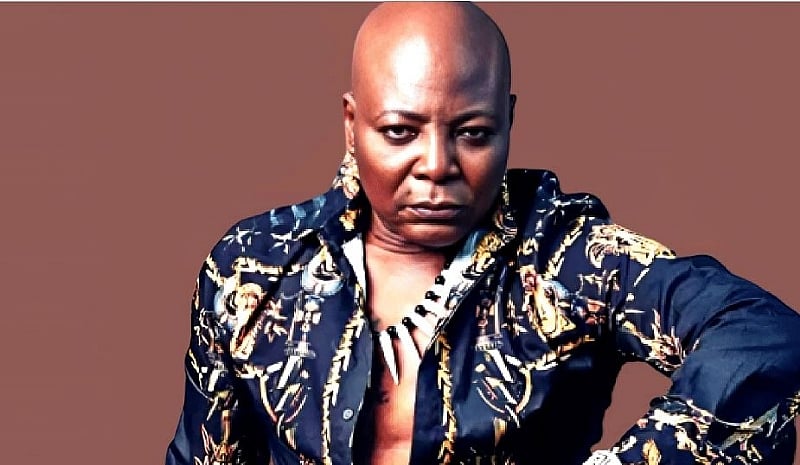Charles Chukwuemeka Oputa, popularly known as Charly Boy, a veteran Nigerian singer, entertainer, and socio-political activist, has stirred public discourse with his candid revelation about engaging in multiple extramarital relationships. He openly refers to the women involved as his “executive side chicks,” a term that has further fueled the conversation. Married to his wife, Diane, for over four decades, Charly Boy’s admission has sparked a range of reactions, particularly given the longevity of his marriage and the seemingly unconventional dynamics within his family structure. His statements offer a complex and multifaceted perspective on marriage, relationships, and personal fulfillment, prompting a deeper examination of societal norms and individual choices.
Charly Boy’s description of his relationships with these women paints a picture that transcends mere physical intimacy. He emphasizes the emotional and intellectual connection he shares with them, highlighting the joy, laughter, and mental stimulation they bring into his life. He portrays these relationships as sources of companionship and entertainment, suggesting that they fulfill a need beyond the traditional confines of marriage. This perspective challenges conventional notions of monogamy and fidelity, raising questions about the evolving definitions of relationships and the pursuit of personal happiness. His emphasis on the non-physical aspects of these relationships suggests a desire for a deeper connection, one that resonates with his intellectual and emotional needs.
The singer’s public acknowledgement of his “executive side chicks” is intertwined with his praise for his wife, Diane. He credits her understanding and supportive nature as the cornerstone of a peaceful and harmonious home. He paints a picture of a marriage built on mutual respect and open communication, where Diane’s acceptance of his extramarital relationships contributes to the equilibrium of their family life. This portrayal challenges traditional notions of jealousy and possessiveness within a marriage, suggesting a more fluid and adaptable approach to relationships. This dynamic raises questions about the boundaries of marital agreements and the possibility of non-traditional structures that prioritize individual fulfillment alongside commitment.
Charly Boy’s emphasis on Diane’s role in maintaining a peaceful home environment underscores the complexity of their marital arrangement. He suggests that her understanding and acceptance of his relationships with other women are crucial to the overall harmony within their family. This raises questions about the nature of their agreement and the level of communication and negotiation involved in maintaining such a dynamic. It also challenges conventional notions of spousal roles and responsibilities, suggesting a more flexible and adaptable approach to navigating the complexities of marriage and personal desires.
The age range of Charly Boy’s “executive side chicks,” from their 40s to 82, further complicates the narrative. This diversity suggests that his relationships are not solely based on physical attraction but encompass a broader spectrum of connections. The inclusion of an 82-year-old woman in this group emphasizes the importance of companionship and intellectual stimulation in these relationships, challenging the stereotype of older women being less desirable or relevant in romantic contexts. This aspect of his revelation broadens the conversation beyond conventional notions of age and attractiveness, suggesting a more nuanced understanding of human connection and the value of intergenerational relationships.
Charly Boy’s candid revelations about his extramarital relationships provide a glimpse into his personal philosophy on love, marriage, and personal fulfillment. While his choices may challenge societal norms and expectations, they also invite reflection on the evolving definitions of relationships and the pursuit of individual happiness within the context of a long-term commitment. His public pronouncements, while potentially controversial, spark a dialogue about the complexities of human connection and the diverse ways in which individuals navigate the intricacies of love, marriage, and personal fulfillment. His story, while unique, reflects a broader societal shift towards more open and flexible relationship structures, prompting conversations about the future of marriage and the pursuit of happiness in an increasingly complex world.


